On the stability of oscillations in rheological models with delay and viscous friction during morphogenesis
By Jose Munoz
We present a rheological model based on a dynamic adaptation of the rest-length of the tissue during morphogenesis. This adaptation is dependent on previous strain levels by using a delay parameter. We show that the stability of the displacements is dependent on this delay and other material parameters. We demonstrate that, unexpectedly, an increase in frictional viscosity destabilises the oscillatory response. The extension of the model to non-linear strain measures is able to reproduce the observed sustained oscillations in embryonic tissues. The model is applied to the analysis of the Central Nervous System (CNS) in Drosophila fly. Increase in stiffness and a decrease in viscosity allows us to hypothesise a instability of the oscillations prior to CNS condensation. Although other reasons for the triggering of the morphogenetic movements cannot be discarded, the theoretical and experimental measurements point towards a possible source of tissue instabilities during morphogenesis.
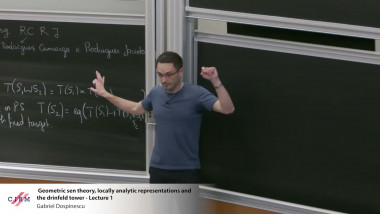
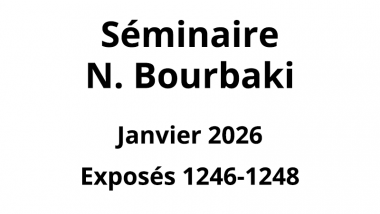









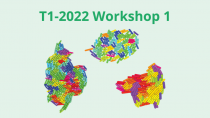
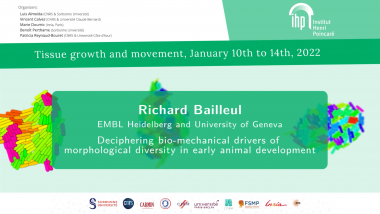
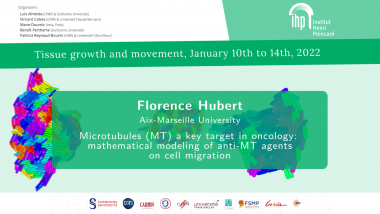
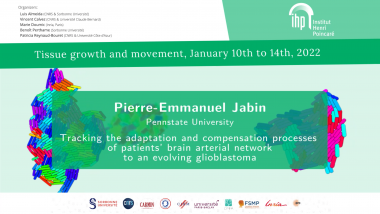
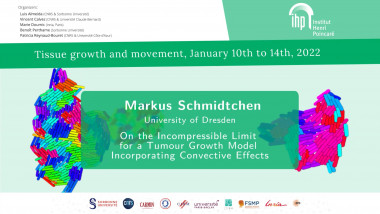
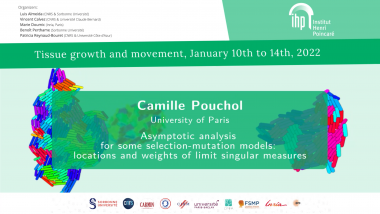

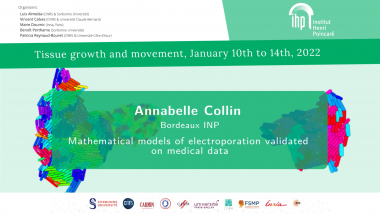
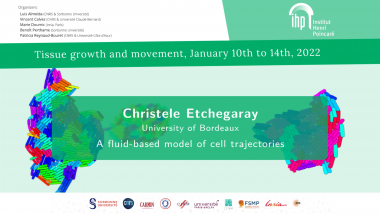
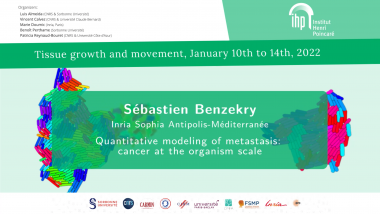
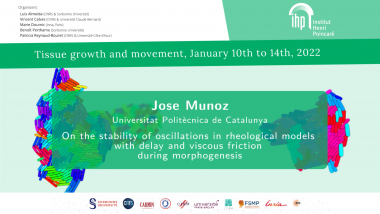
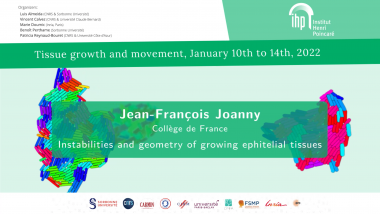
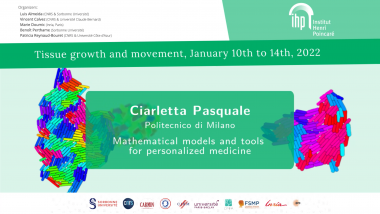
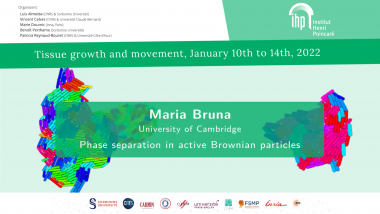
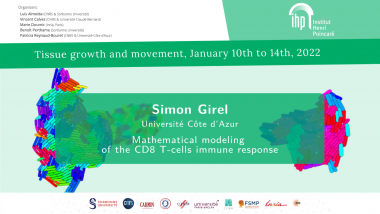

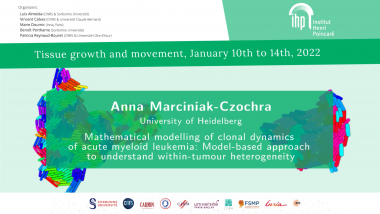
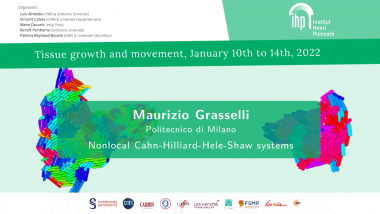
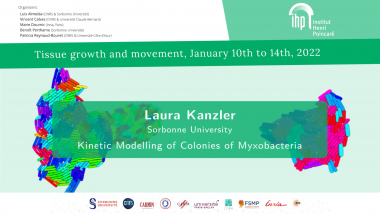
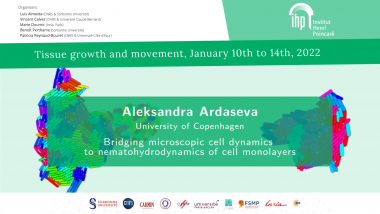
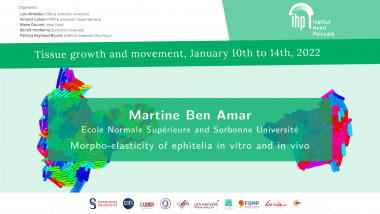
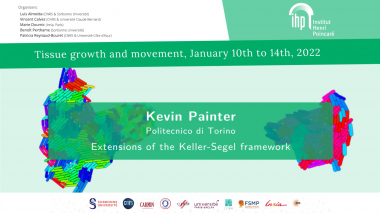
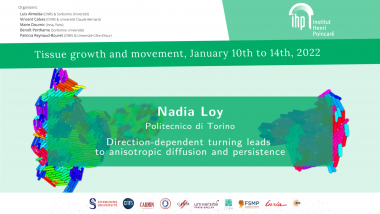


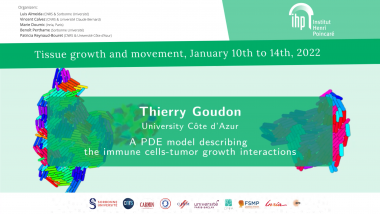
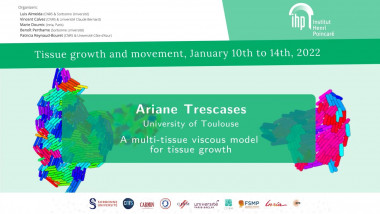
![[1246] The model theory of perfectoid fields](/media/cache/video_light/uploads/video/SeminaireBourbaki.png)
